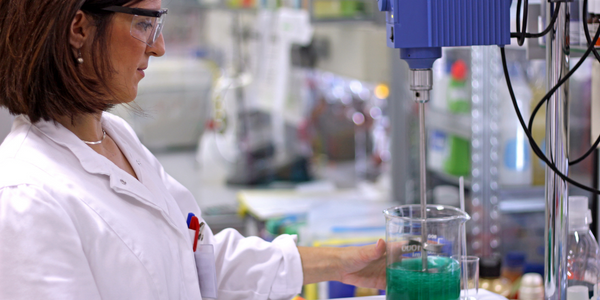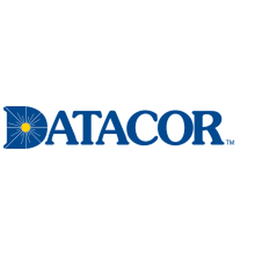Download PDF
Deeks & Company Reduces Costs and Gains Efficiency with Chempax
Technology Category
- Functional Applications - Enterprise Resource Planning Systems (ERP)
Applicable Industries
- Chemicals
Applicable Functions
- Discrete Manufacturing
Use Cases
- Inventory Management
- Predictive Replenishment
Services
- System Integration
The Challenge
Deeks & Company, a chemical distributor, was in need of an ERP solution provider with deep knowledge of the chemical distribution industry. They required a flexible solution that could address industry regulations, improve operational organization and efficiency, and gain better control of inventory levels.
About The Customer
Deeks & Company, Inc. is a Georgia based chemical distributor founded in 1945. With four offices and warehouses throughout the southeastern United States, they are a source of supply to many industries for the manufacture of everyday products. From paint manufacturers to food processors they provide chemicals and containers to meet their specifications. With over 3000 customers, 2600 products, a highly technical sale force, and a fourth generation in training, Deeks & Company, Inc. is a force to be reckoned with for many years to come.
The Solution
Deeks & Company implemented Chempax VB and eChempax, ERP solutions designed specifically for the chemical distribution industry. These solutions provided the flexibility and industry-specific features that Deeks & Company needed. They helped the company streamline its A/R system with a new integrated credit card payment module, improve the creation and distribution of industry-standard Safety Data Sheets (SDS), and become more proactive on sales cycles utilizing detailed sales analysis reports.
Operational Impact
Quantitative Benefit
Related Case Studies.

Case Study
Honeywell - Tata Chemicals Improves Data Accessibility with OneWireless
Tata was facing data accessibility challenges in the cement plant control room tapping signals from remote process control areas and other distant locations, including the gas scrubber. Tata needed a wireless solution to extend its control network securely to remote locations that would also provide seamless communication with existing control applications.

Case Study
Advanced Elastomer Systems Upgrades Production
In order to maintain its share of the international market for thermoplastic elastomers AES recently expanded its Florida plant by adding a new production line. While the existing lines were operating satisfactorily using a PROVOX distributed control system with traditional analog I/O, AES wanted advanced technology on the new line for greater economy, efficiency, and reliability. AES officials were anxious to get this line into production to meet incoming orders, but two hurricanes slowed construction.
Case Study
Wireless GPS Tracking & Security Monitoring
Enhancing the security of hazardous freight and ensuring compliance with Homeland Security’s Transportation Security Administration mandate that all trains carrying chemicals capable of creating a toxic inhalation condition are equipped with on-board safety monitoring systems.

Case Study
Field Device Asset Management For Chemical Company in China
Chinese chemical subsidiary of multinational corporation serves customers throughout the world. Sales offices and research and technology centers are strategically located to provide rapid response to customer requests. Just two workers were assigned to maintain thousands of intelligent instruments in three production units, so they could do little more than react to device issues as they appeared. This costly maintenance method inevitably led to unexpected downtime when a critical instrument failed. Plant management recognized the need to change from reactive to predictive maintenance for all assets, including instruments and control valves, but help was needed in implementing such a technology-based initiative.

Case Study
Industrial Workforce Mobility for Improved Safety & Operations
Huntsman Corporation, a global manufacturer and marketer of differentiated chemicals, undertook an aggressive program to eliminate injuries, product defects, and environmental releases at their Port Neches facility. Termed “Project Zero”, this program required a completely mobile solution to empower operations and maintenance personnel to capture defects, track work progress and make process and safety related decisions in real-time.






